The next big phase of iOS 14 has started with the release of the iOS 14.4 beta. Right now, the developer-only beta features only one known item. Apple introduced the ability to scan App Clip Codes in iOS 14.3 with the Code Scanner control, and now in iOS 14.4, you can launch a local App Clip experience via Camera, NFC, Safari Smart App Banner, or iMessage.
Aside from more App Clip capabilities, there's a modem firmware update. All four iPhone 12 models should see a baseband version 2.03.03 instead of 1.31.03-5, which will hopefully fix any 5G connectivity issues that users were experiencing. Other iPhone models should have also received a new in model firmware.
Some iPhone 12 models were experiencing issues with HDR videos where the black pixels looked like they were lit in dim lighting instead of being turned off as they should be on an OLED display.
Lastly, Apple seems to be implementing a privacy feature it had wanted to push out with iOS 14.0 but postponed due to pushback from developers and advertisers. The feature provides you with a pop-up any time an app requests the ability "to track your activity across other companies' apps and websites." You can choose either "Ask App Not to Track" or "Allow."
In older iOS versions, you could still find the "Allow Apps to Request to Track" switch in Settings –> Privacy –> Tracking, but toggling it on would not do anything in any apps, i.e., you would not get any requests. Now, with it on in iOS 14.4, you'll start to see some apps requesting tracking access, such as the official NBA app. If you approve an app, you can toggle it off in the Tracking settings.




For more information on what this privacy-related tracking feature means, we just need to read what Apple provides to developers to help them determine when it needs to be implemented into their apps or not:
With iOS 14, iPadOS 14, and tvOS 14, you will need to receive the user's permission through the AppTrackingTransparency framework to track them or access their device's advertising identifier. Tracking refers to the act of linking user or device data collected from your app with user or device data collected from other companies' apps, websites, or offline properties for targeted advertising or advertising measurement purposes. Tracking also refers to sharing user or device data with data brokers.
Examples of tracking include, but are not limited to:
- Displaying targeted advertisements in your app based on user data collected from apps and websites owned by other companies.
- Sharing device location data or email lists with a data broker.
- Sharing a list of emails, advertising IDs, or other IDs with a third-party advertising network that uses that information to retarget those users in other developers' apps or to find similar users.
- Placing a third-party SDK in your app that combines user data from your app with user data from other developers' apps to target advertising or measure advertising efficiency, even if you don't use the SDK for these purposes. For example, using an analytics SDK that repurposes the data it collects from your app to enable targeted advertising in other developers' apps.
The following use cases are not considered tracking, and do not require user permission through the AppTrackingTransparency framework:
- When user or device data from your app is linked to third-party data solely on the user's device and is not sent off the device in a way that can identify the user or device.
- When the data broker with whom you share data uses the data solely for fraud detection, fraud prevention, or security purposes, and solely on your behalf. For example, using a data broker solely to prevent credit card fraud.
The developer beta — build number 18D5030e — was pushed out at 10 a.m. PST on Wednesday, Dec. 16. The public beta released 24 hours later on Thursday, Dec. 17.
iOS & iPadOS 14.4 Beta Release Notes
Update your apps to use new features, and test your apps against API changes.
Overview
The iOS & iPadOS 14.4 SDK provides support to develop apps for iPhone, iPad, and iPod touch devices running iOS & iPadOS 14.4 beta. The SDK comes bundled with Xcode 12.3, available from the Mac App Store. For information on the compatibility requirements for Xcode 12.3, see Xcode 12.3 Release Notes.
App Clips - Resolved
- In addition to using Code Scanner, you can now launch a local experience via Camera, NFC, Safari Smart App Banner, or iMessage. (68962905)
How to Download & Install the Latest iOS 14.4 Beta
To update your iPhone to iOS 14.4 dev beta 1, you'll need to be a registered developer. You can use the restore image for your iPhone available in the Developer portal (install with iTunes or Finder) or install the configuration profile, then update over the air. If you already have the profile installed on your iPhone, head over to Settings –> General –> Software Update to start installing the latest beta build, or you can wait until it installs automatically if "Automatic Updates" is enabled.




Cover photo and screenshots by Justin Meyers/Gadget Hacks





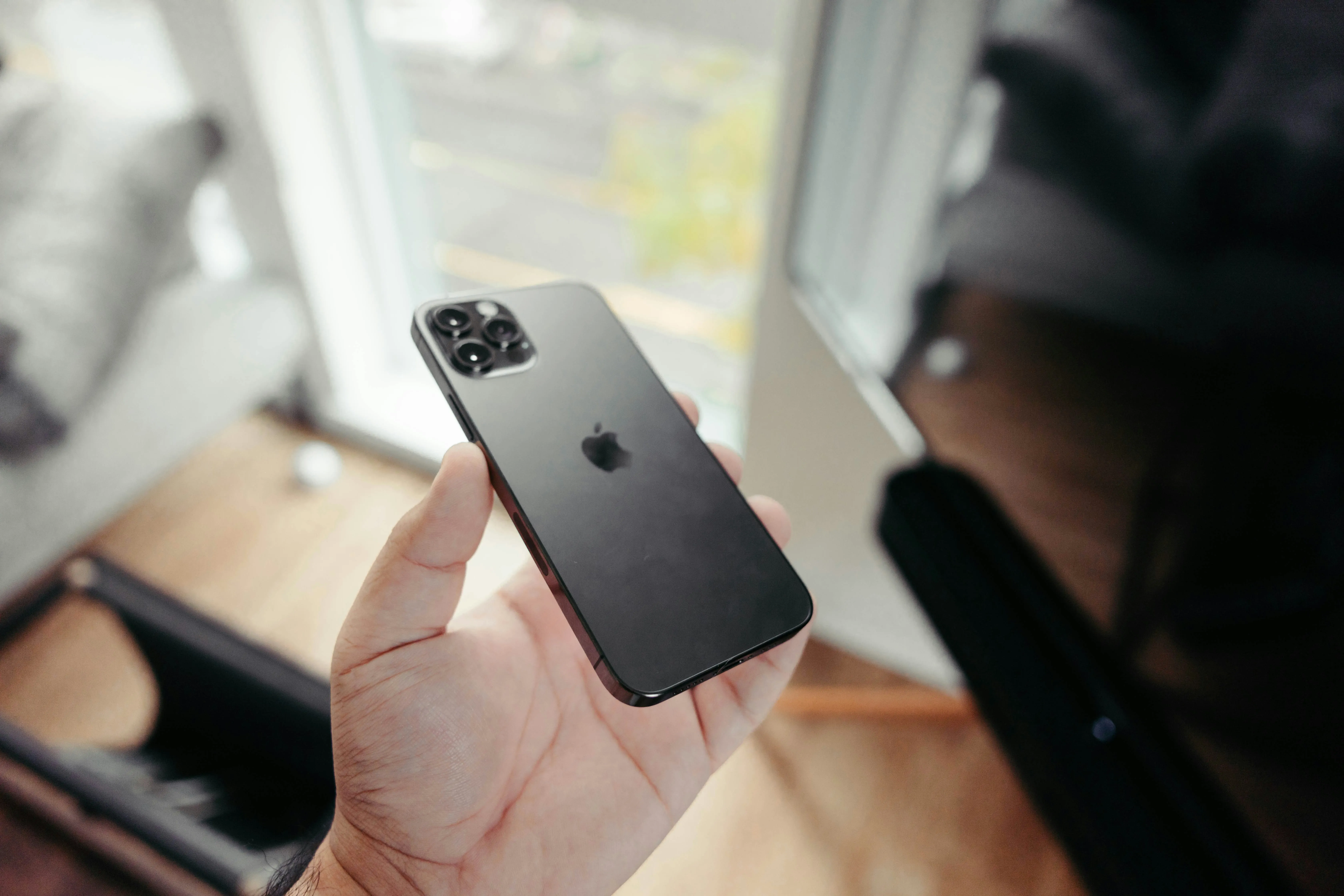




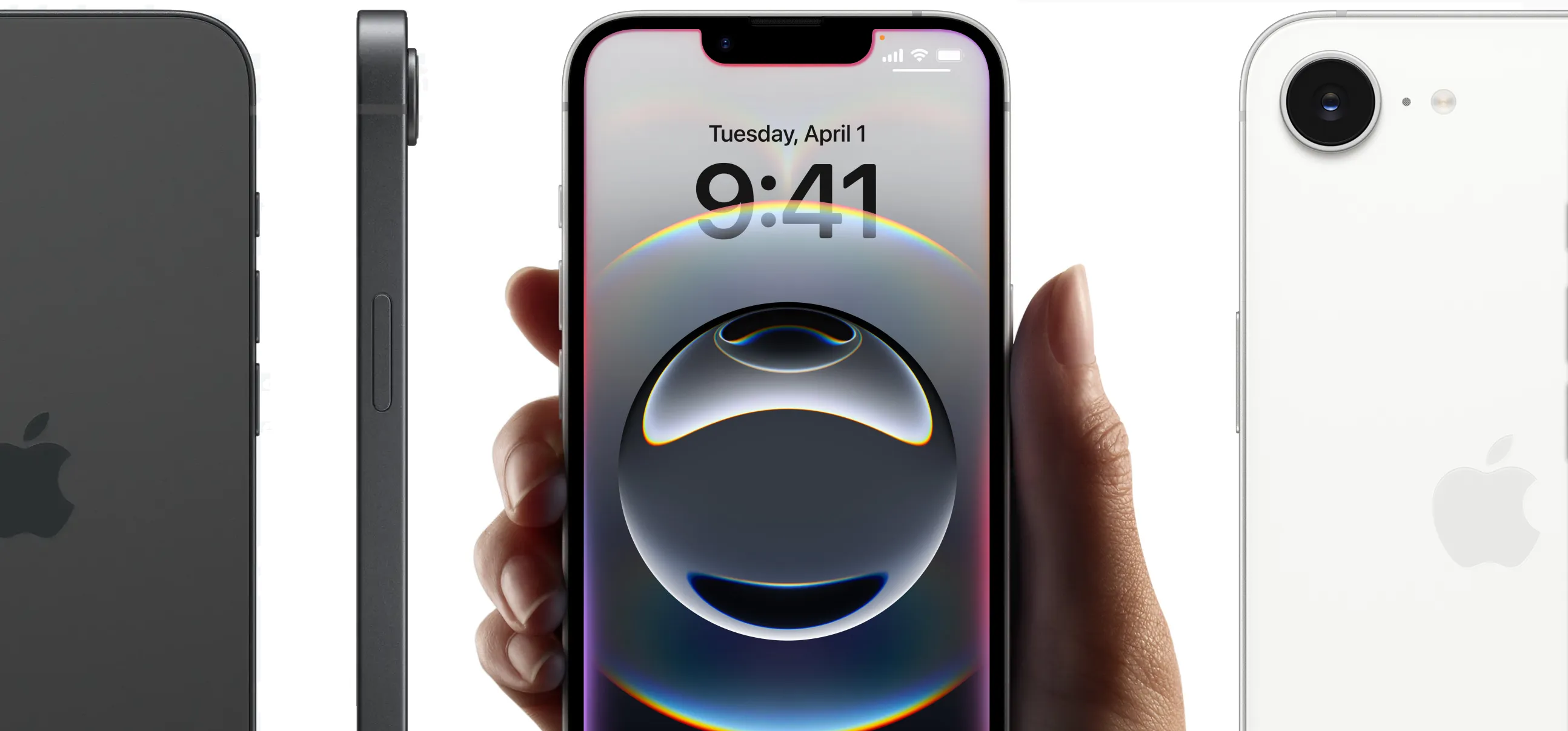

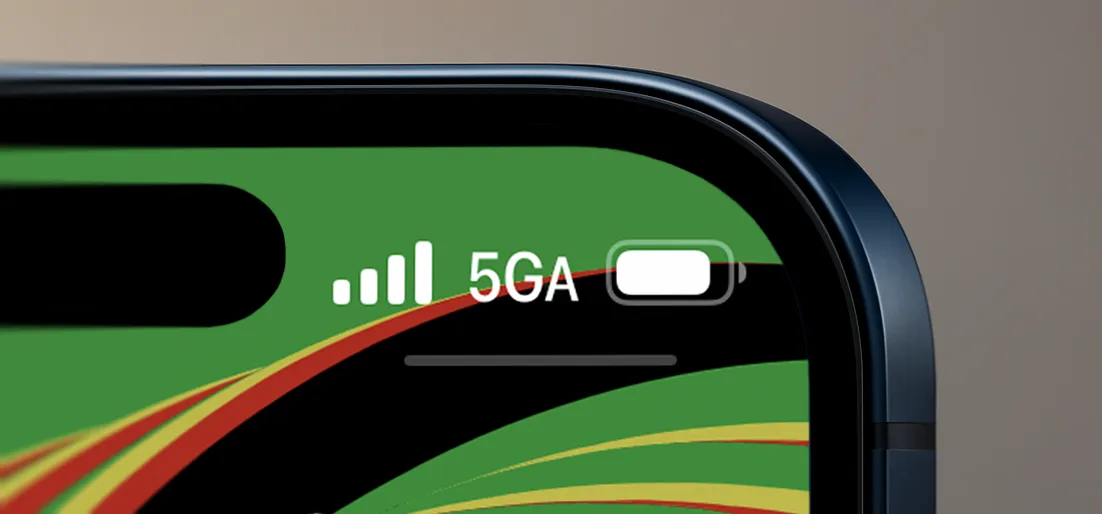
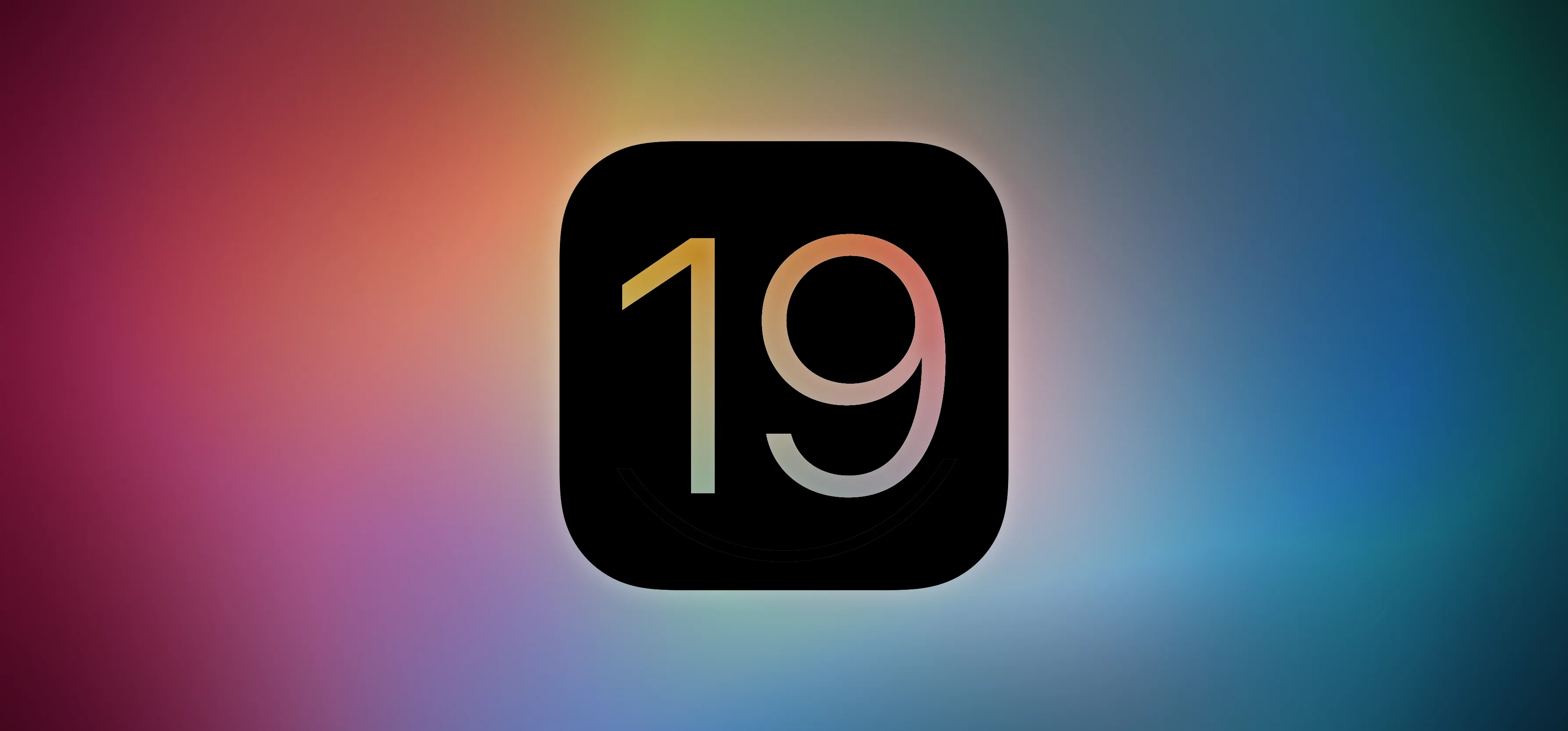
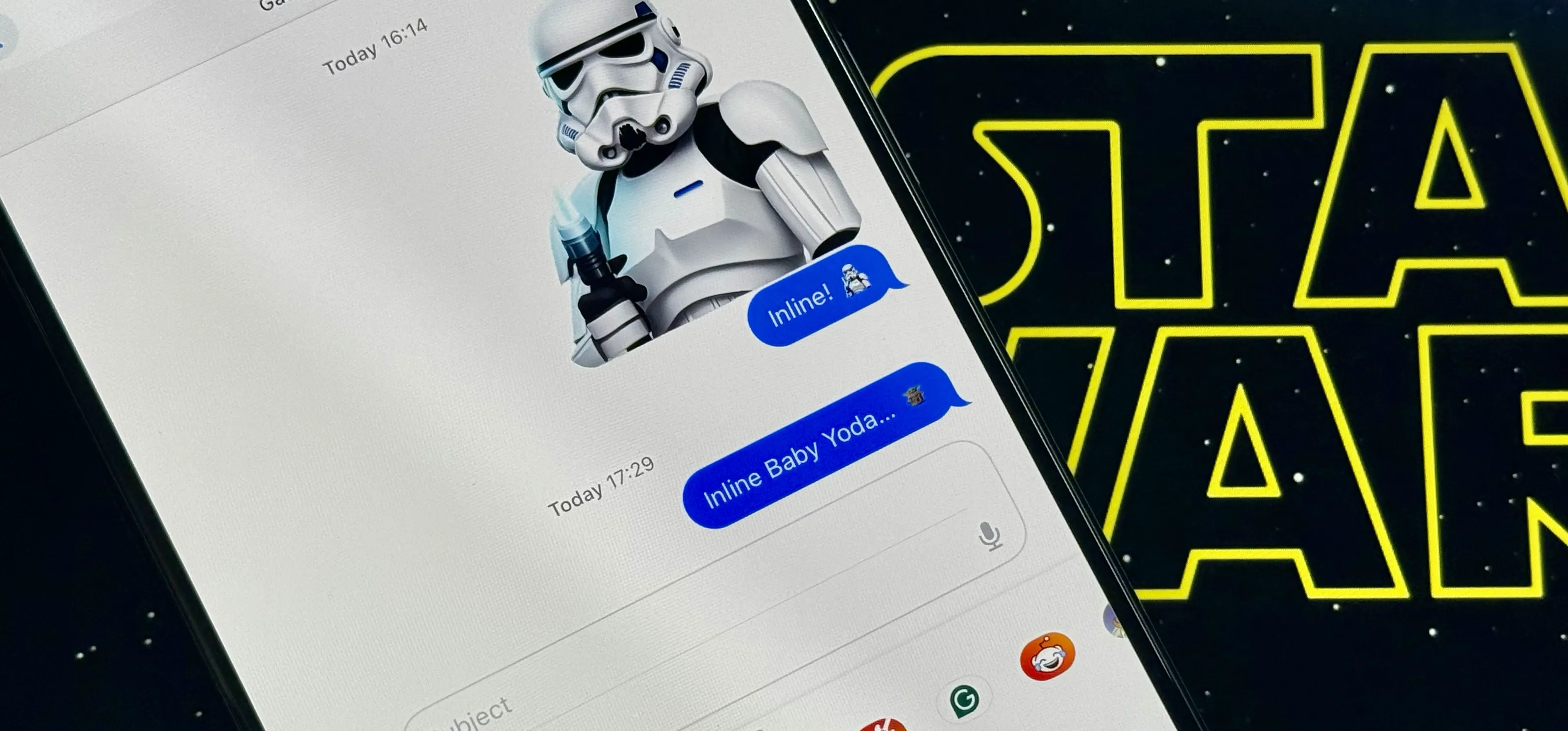

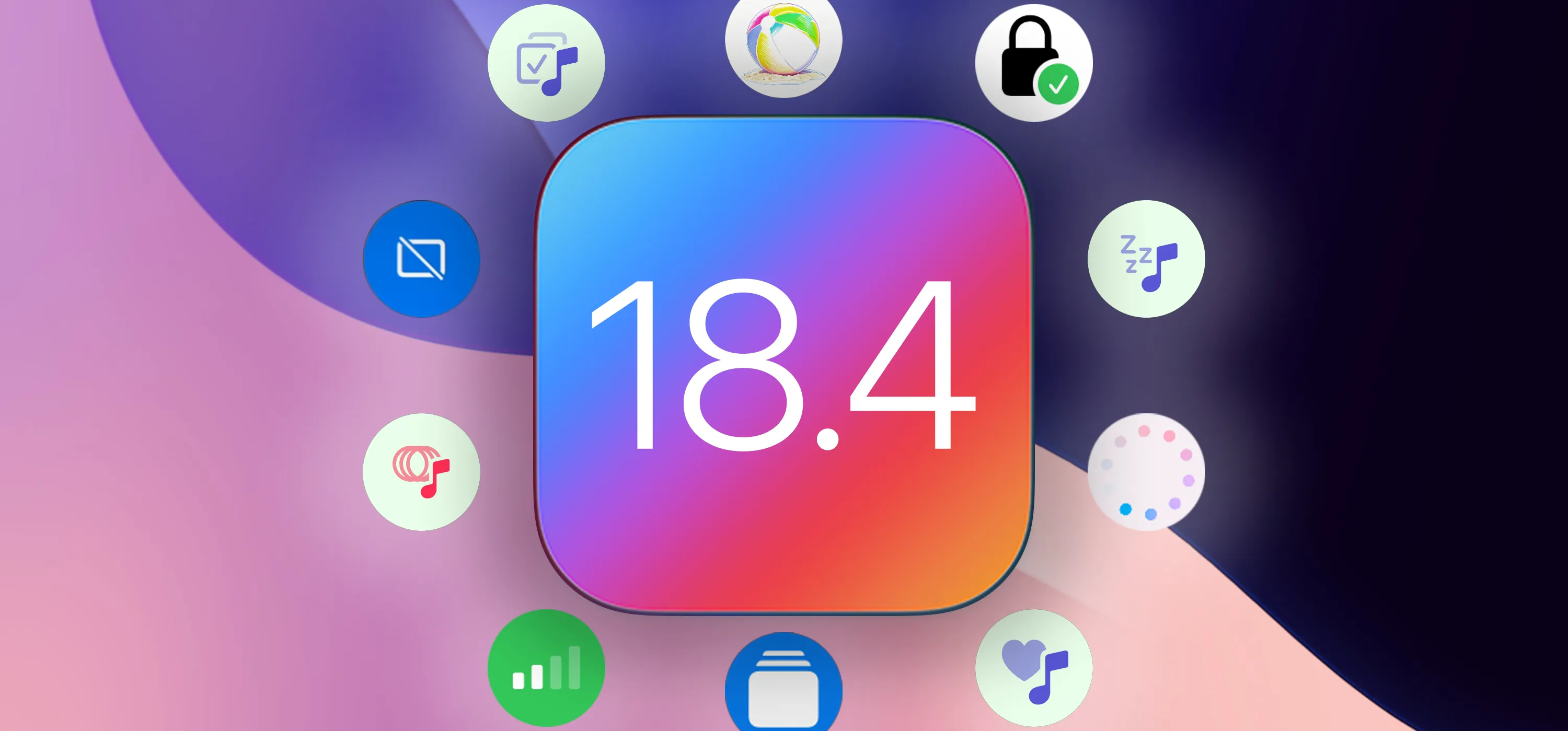

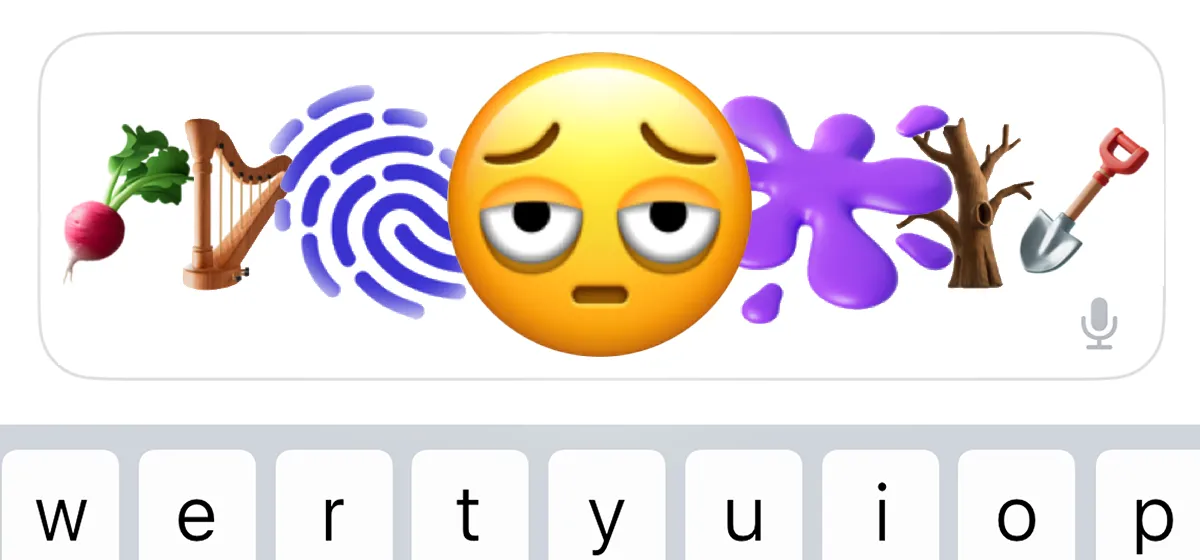

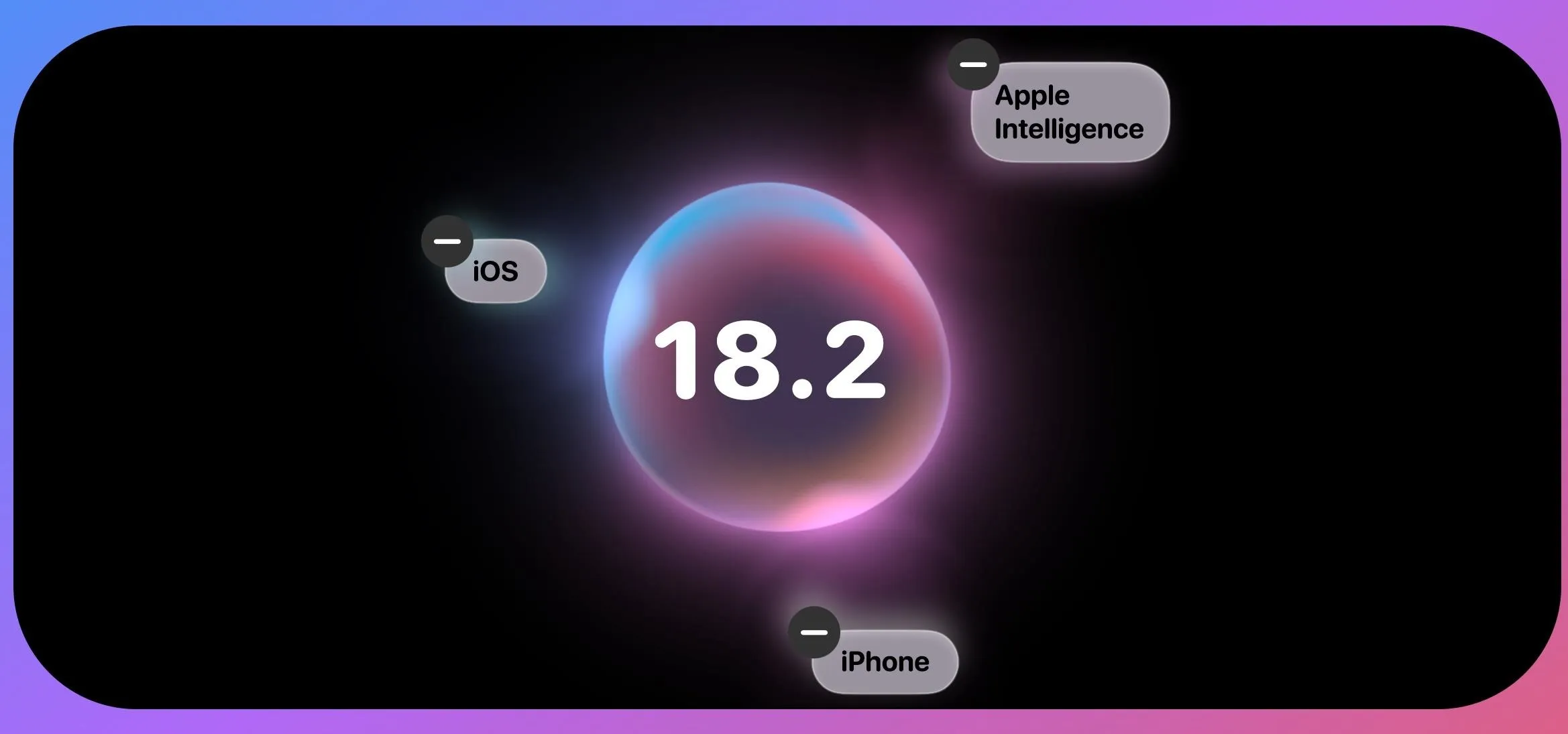
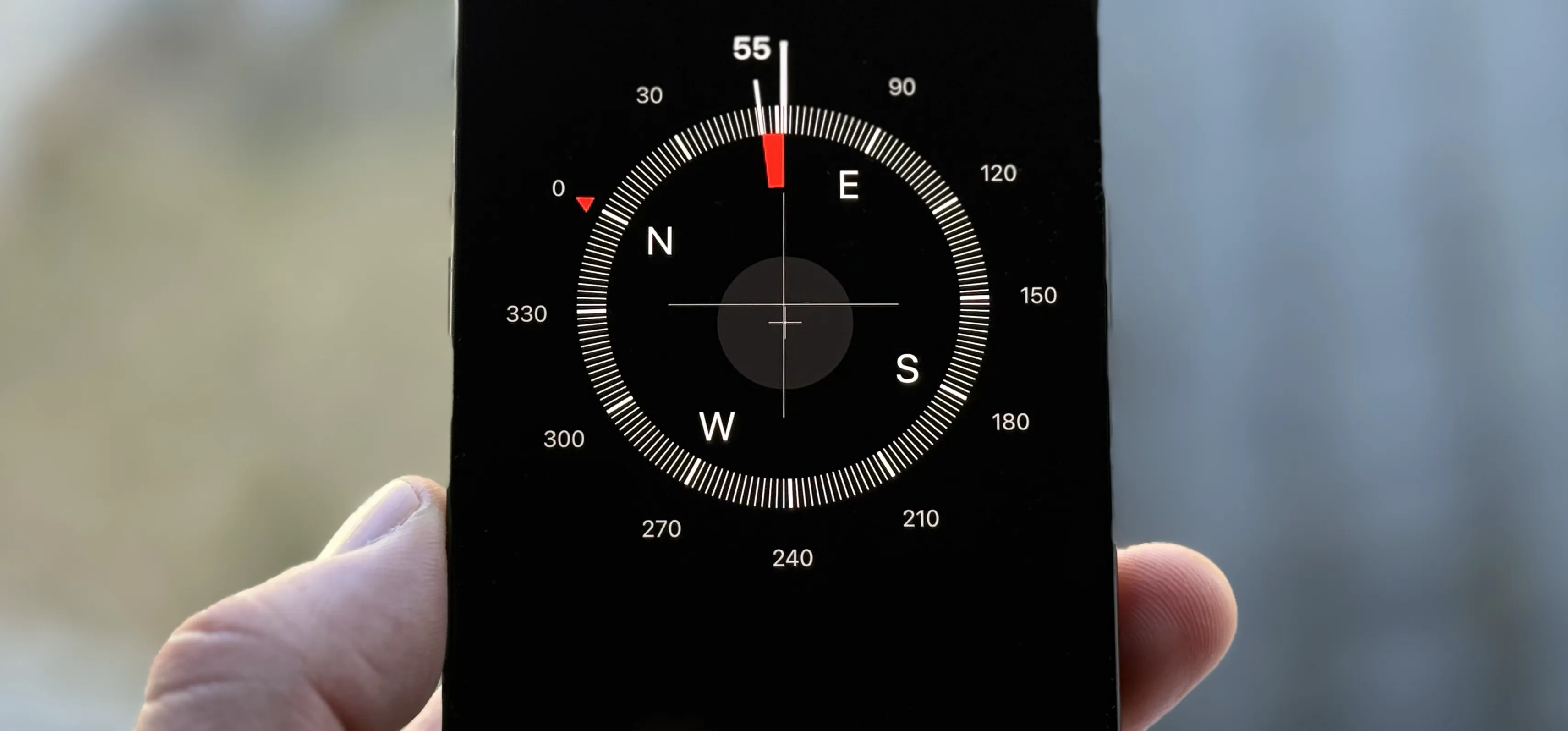
Comments
Be the first, drop a comment!